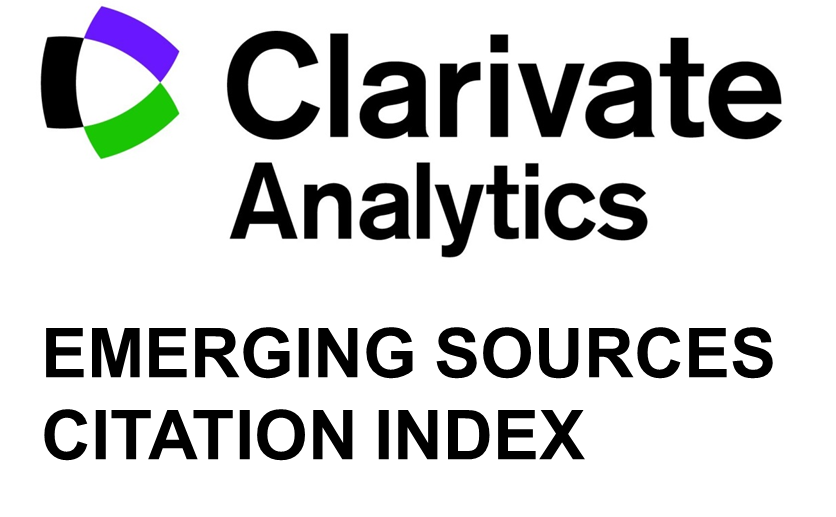Assessing sustainable economic development efficiency: a DEA approach
DOI:
https://doi.org/10.5937/StraMan2300039SKeywords:
data envelopment analysis, efficiency, sustainable development, European UnionAbstract
Background: Widely used in efficiency analysis, data envelopment analysis (DEA) found its use in country efficiency measurement concerning the achievement of desired values of macroeconomic indicators, most often the goals from the category of economic growth.
Purpose: The objective of the paper is to examine the possibility of DEA application in sustainable development research.
Methodology: The analysis was conducted using a non-oriented DEA model with variable return-to-scale in a group of 26 EU countries and Serbia, as a membership candidate. Four variables were used as input variables: inflation rate, unemployment rate, poverty rate and ecological footprint per capita. Three variables were used on the outputs side: inequality-adjusted human development index, GDP per capita and ecological deficit or reserve per capita. The annual data was collected for the time period of eight years, form 2010 until 2017.
Findings: Results show that Finland is the only country efficient throughout the entire period. Average efficiency close to maximum was achieved by the Netherlands. Significant efficiency was achieved by Luxembourg, Germany and Sweden among countries that were EU members before 1995. Among other EU countries, Slovenia and Hungary achieved efficiency on a nearly maximum level. Also, efficient in more than half of the observed years were Cyprus and Romania. The most inefficient countries were the three Baltic countries: Lithuania, Latvia, and Estonia. Among the EU member countries before 1995, Italy and Portugal were the most inefficient. Concerning EU candidate Serbia, the efficiency achieved was generally close to average.
Limitations: The performed analysis can answer the question of which country is the most efficient on the way to sustainability. However, the DEA method cannot show whether a country is developing absolutely sustainably or unsustainably, because DEA is a relative method and can only measure efficiency compared to the other units.
Downloads
Published
Issue
Section
License
Copyright (c) 2023 Kosta Sotiroski, Peter Kovacs, Marcikic Aleksandra, Otilija Sedlak, Vuk Lakić, Boris Radovanov

This work is licensed under a Creative Commons Attribution 4.0 International License.














